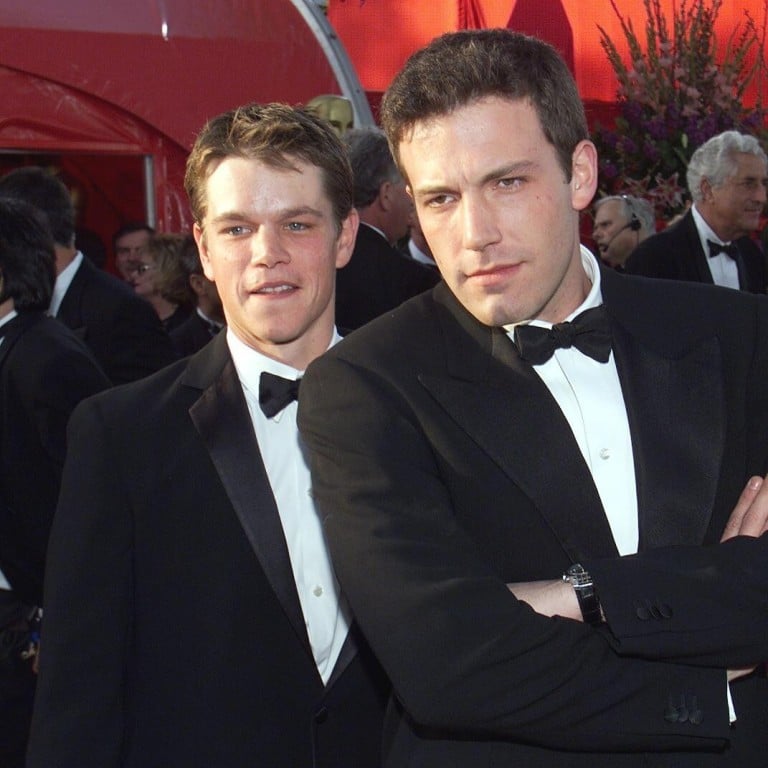
Why men need bromances like Justin Bieber and Usher’s or Ben Affleck and Matt Damon’s to live longer and happier lives
- Having good friends can boost your physical, mental and emotional health, no matter your sex
- Men need to overcome gender stereotypes, and open up and be vulnerable with their friends, say experts
Eason Chan and Nicholas Tse; Matt Damon and Ben Affleck; Justin Bieber and Usher; and Edwin Siu and Raymond Cho – more than being famous entertainers, these celebrity duos are also long-time best friends.
Actors and filmmakers Damon and Affleck, for instance, met when they were in primary school and went on to make and star in several movies together, including the 1997 film Good Will Hunting, for which they won an Academy Award for best original screenplay.
When Affleck was battling alcoholism, Damon was one of his pillars of support. In January 2017, at the Live by Night premiere, Affleck told Entertainment Tonight about the importance of his friendship with Damon: “I can’t tell you how valuable it is to have somebody who’s been through things with you, ups and downs, who knows what your life experience is like, who can identify with that. It’s an incredibly valuable friendship and it’s very precious …”
When we think of close friendships, female friends usually come to mind, but it’s just as crucial for men to have strong connections with one another.

According to Ho Shee Wai, a psychologist at The Counselling Place in Singapore, having good friends can boost our physical, mental and emotional health in a number of ways. “Strong, meaningful friendships can increase happiness, lower stress, improve self-confidence and strengthen immunity,” she says.
“There’s this idea that men are fine on their own and that they don’t need to feel socially connected the way women do. But that’s not true. Like women, men also need people in their lives who support them emotionally.
“Of course, there’s nothing wrong with having close female friends, but men also need male friends whom they can open up to, relate to, confess their insecurities to, learn from and share experiences with. Men need that ‘safe space’ in which they can be vulnerable and feel understood.”
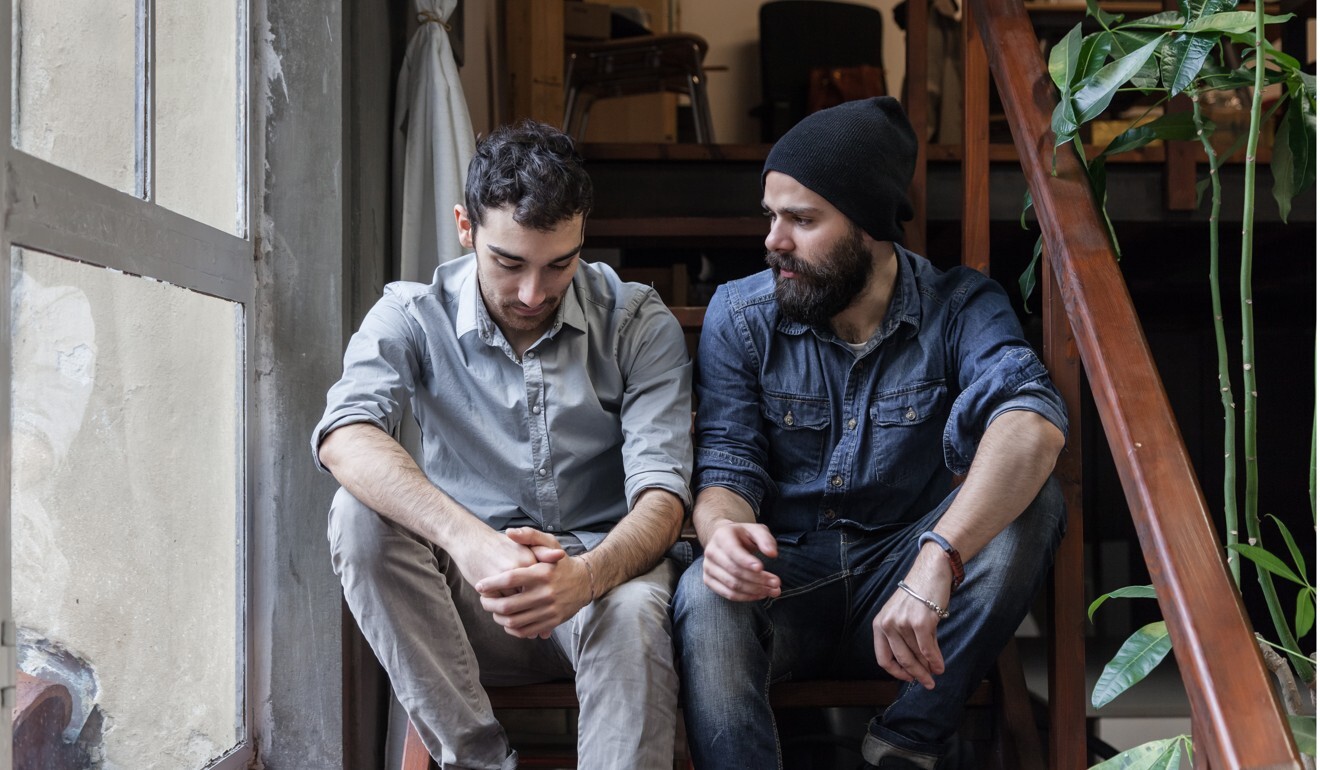
No matter your gender, having quality friendships has been proven to benefit your health.
Research published in 2016 in the journal Proceedings of the National Academy of Sciences discovered that the more socially connected a person was during adolescence and early adulthood, the healthier they were as they got older, as evidenced by their body mass index, blood pressure, waist circumference, and the amount of C-reactive protein in their blood.
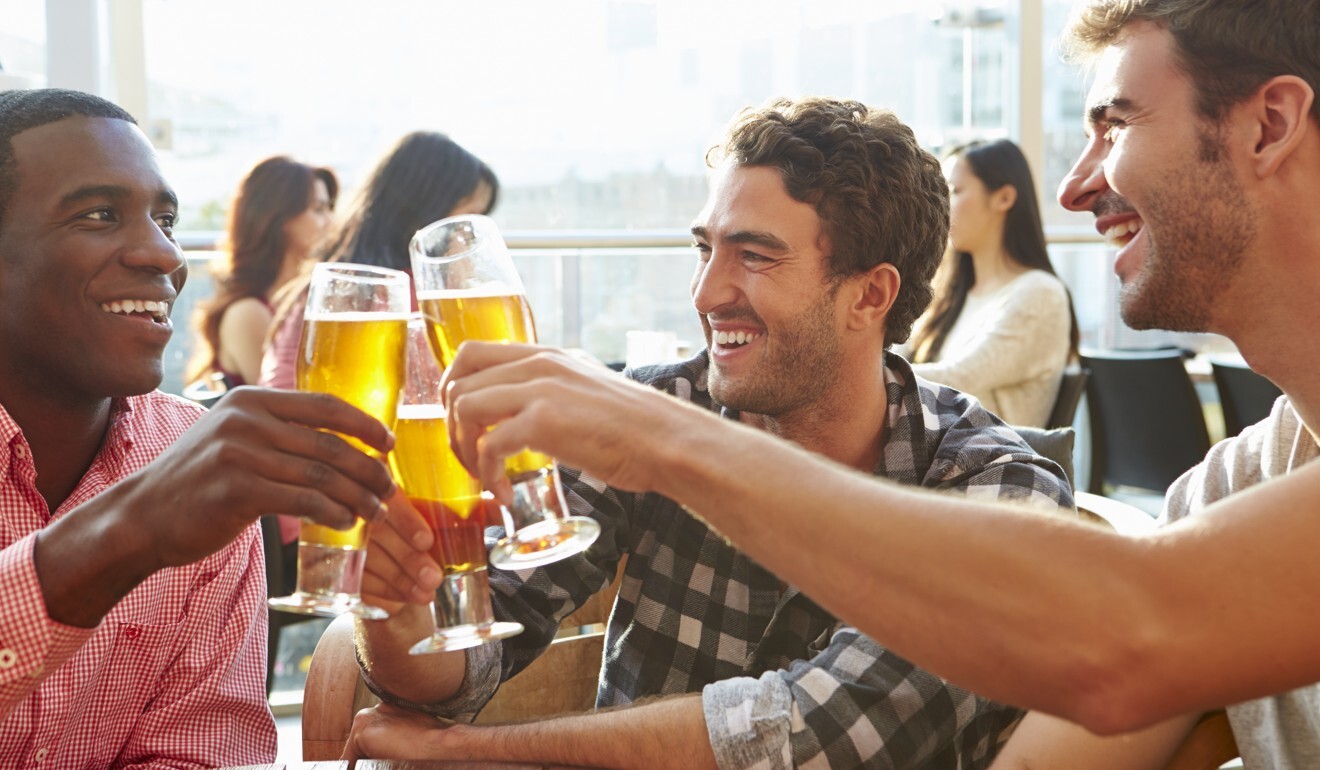
Male-specific research has also revealed how not having friends can impact a man’s health negatively. One study of more than 28,000 men found that subjects who lacked strong social ties were nearly 20 per cent more likely to die within 10 years, regardless of their health or occupation.
Interestingly, young men are more emotionally satisfied by their close friendships with other males – also called bromances – than their romantic relationships.
When researchers interviewed 30 heterosexual male undergraduate college students, they discovered that the subjects felt less judged by their male friends, found it easier to overcome conflicts, and preferred to share their emotions and sensitive health issues in their bromances than in their romances. The report was published in October 2017 in the journal Men and Masculinities.
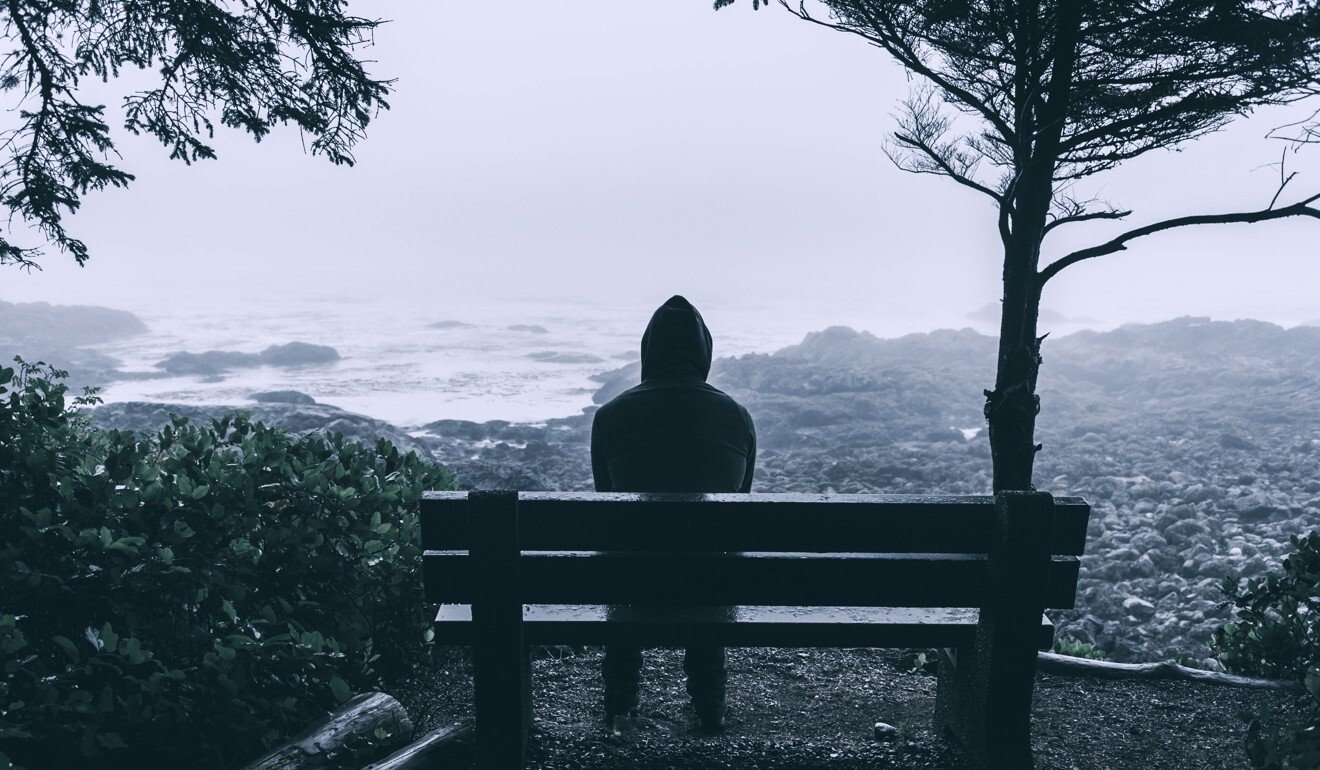
But men also struggle to maintain friendships. In fact, they have fewer close friends as they age. Ho says that there is a general perception that men do not need anyone, and that some might see this as a barrier to forming close friendships with other men.
“Society has this idea of how men should and shouldn’t act,” she explains. “Many men long for male friends whom they can rely on and who support them, but because society expects them to act a certain way, they may avoid forming tight friendships altogether.
“After all, reaching out to new, potential friends and trying to get close to them involves making yourself vulnerable to an extent. Being vulnerable is often regarded as feminine behaviour and the last thing many guys want to seem is not masculine enough.”
Ho says that people benefit most from deep and meaningful friendships rather than shallow, superficial ones, adding that this is where many men run into problems. “Many have never experienced true friendship with other men, one marked by commitment, authenticity and deep connection. So they may not know how to initiate such relationships or bond with men in meaningful ways.”
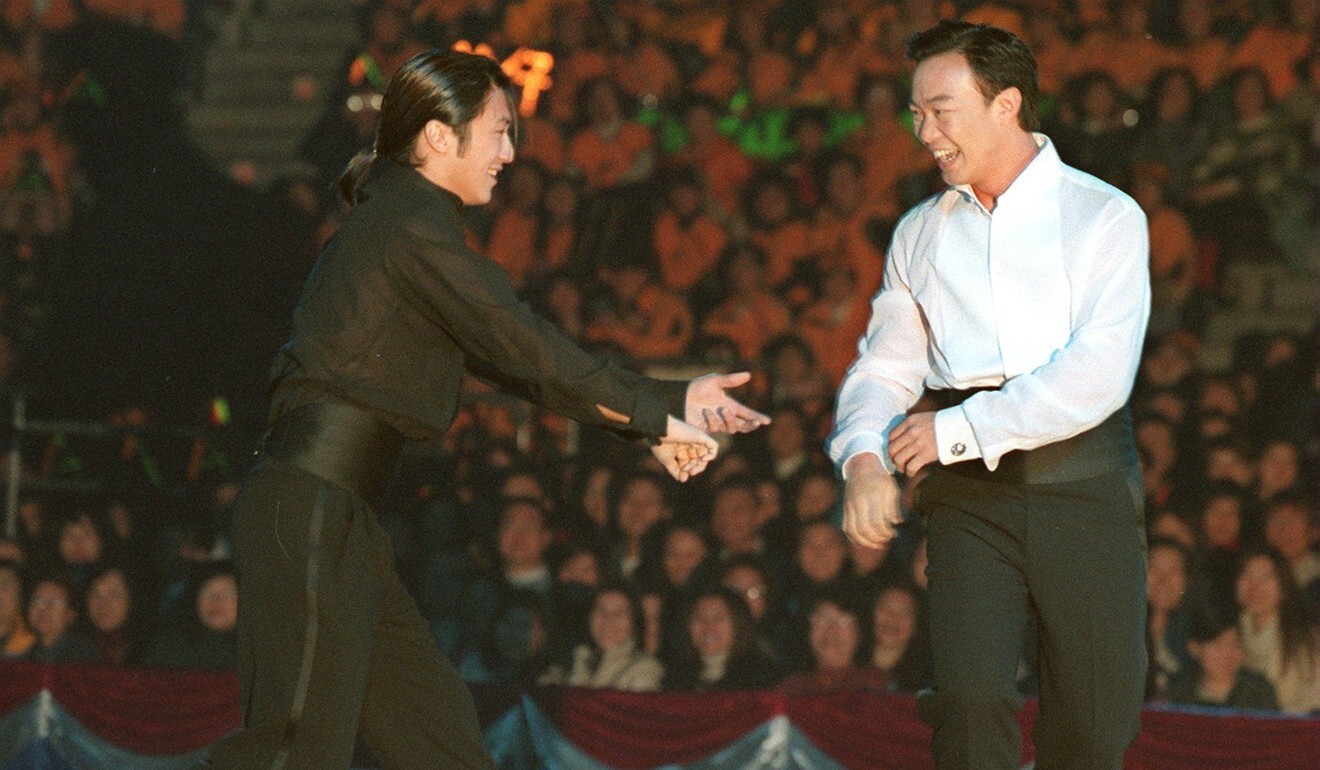
Watching or playing sports together or having drinks after work are how many men socialise with other men. While these are great male-bonding activities, they may not always allow men to connect with their buddies on an emotionally intimate level.
Ho says: “The good news is that you can build something meaningful with your mates when engaging in these activities together. If you’re playing football, you can tell your teammate something like ‘That was a great catch!’ This is an expression of vulnerability but I don’t think many men know it.
“Over time, you can expand this show of support, encouragement and motivation to other aspects of your friend’s life, such as his job, marriage or family life.”
The most important and meaningful male friendship is that between a man and his father, Ho says.
“While many men today don’t have issues hugging their sons and telling them they love them, most are hesitant to extend the same affection to their fathers, because their fathers probably weren’t openly affectionate or warm. So I’d advise guys to reach out to their dads, and hug them and say ‘I love you’. Then work on building a friendship with him.”
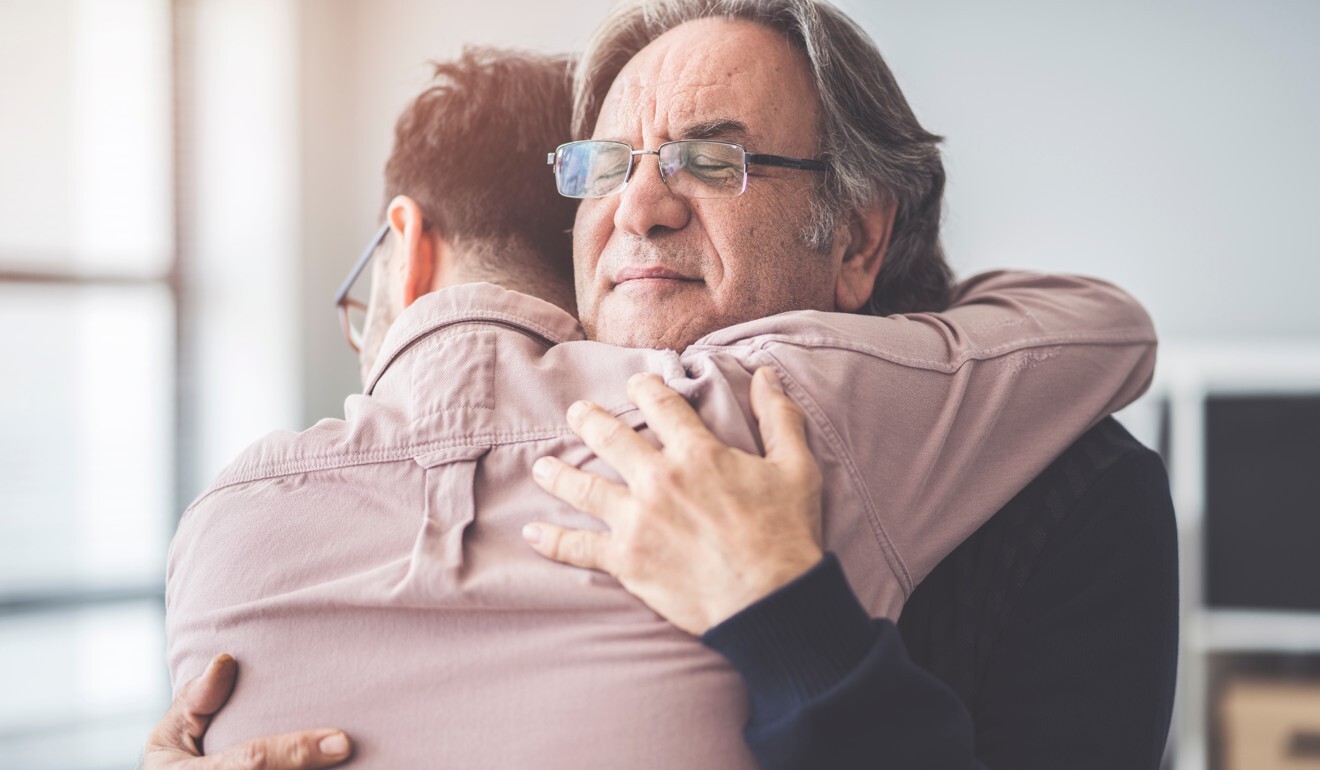
It’s just as important to be a good listener and to be curious about what’s happening in your friends’ lives. Ho suggests learning how to ask deeper questions when having conversations with your buddies and to show empathy when it’s needed.
“For example, if you know that a friend is facing challenges at work or has a family member who is ill, call or visit him and offer to listen to what he’s going through. It may take some time to get to a stage of emotional authenticity and vulnerability, but the more you do it the easier it gets,” she says.

